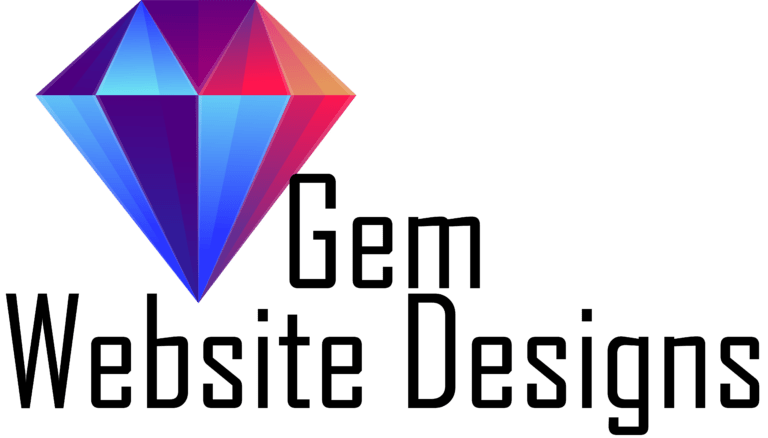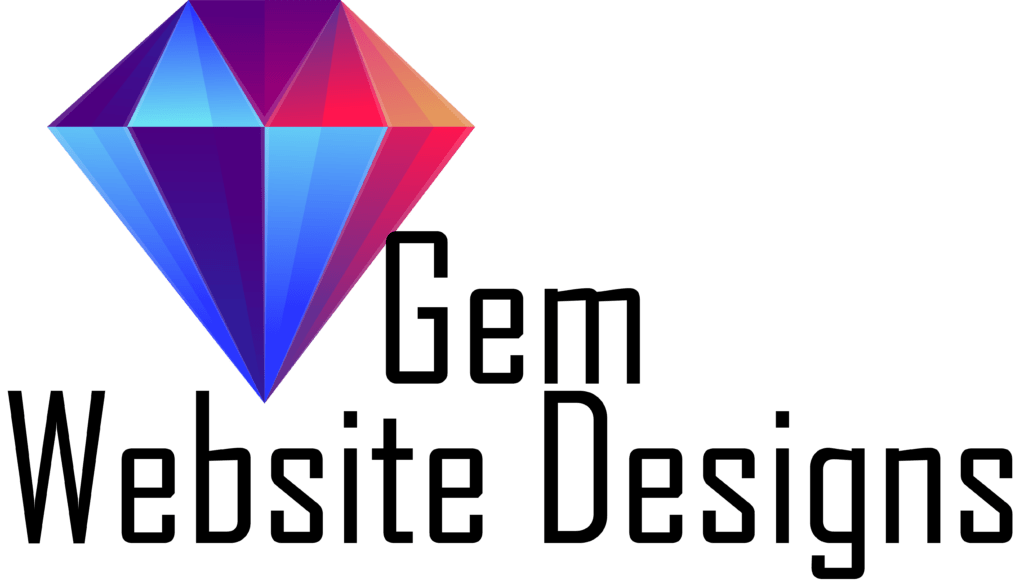In today’s digital age, having a website is essential for any business that wants to compete in the online marketplace. However, if the business wants to be found online, it requires more than just having a website.
To be successful online, businesses must optimize their websites for search engines. SEO is about making a business website visible in search results. One way to do this is by writing articles or blogs.
What is A Blog?
A blog is an online platform where a company can share informative and relevant content with its audience. A blog can cover various topics, from industry news and updates to product reviews and how-to guides. By regularly publishing fresh and engaging content on a blog, businesses can increase their visibility in search engine results. When the company is visible online, it can attract more traffic to its website, generating more leads and, ultimately, sales.
So, why are website blogs important for SEO? Let’s take a closer look.
1. Fresh & Relevant Content
Regularly updating your blog with high-quality, keyword-rich content is a surefire way to boost your website’s visibility and credibility with search engines. This can lead to higher rankings in search results, attracting more users and potential customers to your site. By focusing on topics relevant to your industry, products, and services, your blog becomes a magnet for users seeking specific information, thereby increasing traffic and potential customer engagement.
A blog is not just a platform for sharing information, but a powerful tool for establishing your business as a trusted authority in your field. By consistently providing reliable, insightful content, you can position your company as an industry expert. This not only boosts brand awareness and online presence but also opens up more opportunities for customer engagement and conversions.
A blog is more than just a one-way communication channel. It’s a platform that fosters a sense of community and encourages interaction with your readers. Through comments and social media, readers can give feedback, ask questions, and engage in discussions, creating a valuable feedback loop for your business. This interaction not only builds a community but also generates user content, such as testimonials or user experiences, which can further enhance your website’s credibility and search engine visibility.

Expanding the Impact of Your Blog
- Content Repurposing: Utilize your blog content in various formats like newsletters, social media posts, eBooks, and webinars, to reach a broader audience and strengthen your content marketing strategy.
- Enhanced Customer Support: Address common customer questions and issues in your blog posts to provide valuable self-service support, improving customer satisfaction and reducing the workload on your support teams.
- Data-Driven Insights: Analyze interactions and feedback from readers to gain insights into customer preferences and trends, which will help you refine your marketing strategies and product offerings.
- SEO and Content Freshness: Regularly updated blogs keep your site dynamic, encouraging higher search engine rankings due to content freshness.
- Strategic Partnerships: Collaborate with influencers and other brands through guest blogging to enhance content diversity, reach a broader audience, and establish industry authority.
You can leverage these benefits to foster business growth and success by continuously developing and enhancing your blog.
2. Internal Linking
Blogs can significantly enhance SEO through strategic internal linking, such as linking to other pages on the same website. Internal linking is essential for SEO because it helps search engines understand a website’s hierarchy and organization. By linking to other pages within the website, blog posts can help distribute authority and boost the visibility of other pages. This, in turn, can help improve the website’s overall search engine ranking.
Expanding on this, internal linking also improves user experience by facilitating easier navigation and guiding visitors to additional relevant content, thereby increasing the time they spend on your site and reducing bounce rates. It can be beneficial for directing traffic to newer or less visible pages from those that already have established authority, thereby boosting their visibility and credibility.
Furthermore, creating content hubs through internal linking, where a main ‘pillar’ page links out to several other detailed pages on related topics (cluster model), enhances SEO by demonstrating comprehensive coverage of a topic and establishes your site as a thorough resource on these subjects.
To maximize the effectiveness of internal linking, ensure that the anchor text is relevant and descriptive, giving clear indications about the content linked. This approach helps with SEO and enhances the overall reader experience by making the content more accessible and understandable. Avoid overusing internal links to maintain natural flow and relevance within the content.
3. Keyword Targeting
Blogs offer an excellent platform for targeting specific keywords and phrases, essential for improving a website’s SEO. By carefully researching and including relevant keywords in blog posts, a website can significantly enhance its visibility for those keywords in search engine results.
Taking the example of a business specializing in eco-friendly cleaning products, strategically crafted blog posts on topics like “How to Clean Your Home Using Natural Products,” “The Benefits of Using Eco-Friendly Cleaning Products,“ and “Green Cleaning Tips for Your Home,“ can serve dual purposes. First, they provide valuable content for users specifically looking for eco-friendly solutions, fostering user engagement and loyalty. Second, by incorporating targeted keywords such as ‘eco-friendly cleaning products,‘ ‘natural cleaning solutions,‘ and ‘green home tips,‘ these posts help to optimize the site’s search engine rankings for these terms.
Expanding Your Keyword Strategy:
The website can attract users and improve its visibility by using specific words related to eco-friendly cleaning products. This will help the website target users seeking information on eco-friendly cleaning products. These words will also improve the website’s visibility in search engine results.
- Keyword Variety:
Include a mix of short-tail and long-tail keywords to capture a broader spectrum of search intents. While short-tail keywords might attract more general searches, long-tail keywords can draw in more specific, motivated audiences.
- Keyword Placement:
Place keywords thoughtfully throughout your content, including titles, headers, meta descriptions, and within the body text at a natural frequency. This helps search engines understand the content's relevance to specific queries without the risk of keyword stuffing, which can negatively impact SEO.
- Semantic Keywords:
Incorporate LSI (Latent Semantic Indexing) keywords that support your main keywords to help search engines better understand the content context. For instance, including terms like 'sustainable,' 'biodegradable,' and 'non-toxic' alongside 'eco-friendly cleaning products' can enhance content richness and relevance.
- Content Freshness & Keyword Updates:
Regularly update your blog content to include new keywords gaining traction within your industry. This keeps your content current and allows you to capitalize on emerging trends and search patterns.
- Analyzing Keyword Performance:
Use tools like Google Analytics and Google Search Console to track the performance of your targeted keywords. This data can guide future content strategies, helping to refine keyword choices and discover new opportunities for ranking.
By integrating these strategies, your blog can be a powerful tool for targeted keyword optimization, driving traffic and engagement by connecting with the right audience at the right time through well-strategized content.
4. Backlinks
Backlinks are vital for SEO as they indicate to search engines that other websites consider your content valuable enough to link to. For instance, if a well-regarded blogger writes a post on the “Top 10 Eco-Friendly Cleaning Products“ and includes a link to a business’s website, this drives traffic and enhances the site’s authority. Such endorsements by external sites improve the website’s perceived importance, which can lead to higher rankings in search results.
To summarize, website blogs effectively generate up-to-date and pertinent content, enhance internal linking structures, target specific keywords, and attract valuable backlinks. These efforts collectively contribute to an improved search engine ranking and heightened visibility for a website.
By investing in a blog and regularly publishing high-quality content, businesses can increase their online visibility, attract more traffic, and grow their online presence. If you have questions or would like to schedule a free consultation contact us here at Gem Website Designs. We look forward to meeting you.
Conclusion:
By investing in a blog and regularly publishing high-quality content, businesses can increase their online visibility, attract more traffic, and enhance their online presence. Effective blogs leverage fresh content, strategic internal linking, targeted keyword optimization, and the acquisition of valuable backlinks to improve search engine rankings and website visibility.
If you have questions about how a blog can benefit your business or would like to schedule a free consultation, please contact us at Gem Website Designs. We are eager to help you elevate your online presence and look forward to meeting you!
References:
- Moz(n.d.). What is SEO? Retrieved from MOZ.
- (2018, November 28). Why internal linking is important for SEO. Retrieved from MOZ.
- (n.d.). What is a blog? Retrieved from Hubspot.
- (n.d.). Keyword research: The definitive guide. Retrieved from Backlinko.
- Liz Cortes. (2023, December 20). Do Blogs Help SEO? Local Business Strategist- retrieved from Linkedin.



